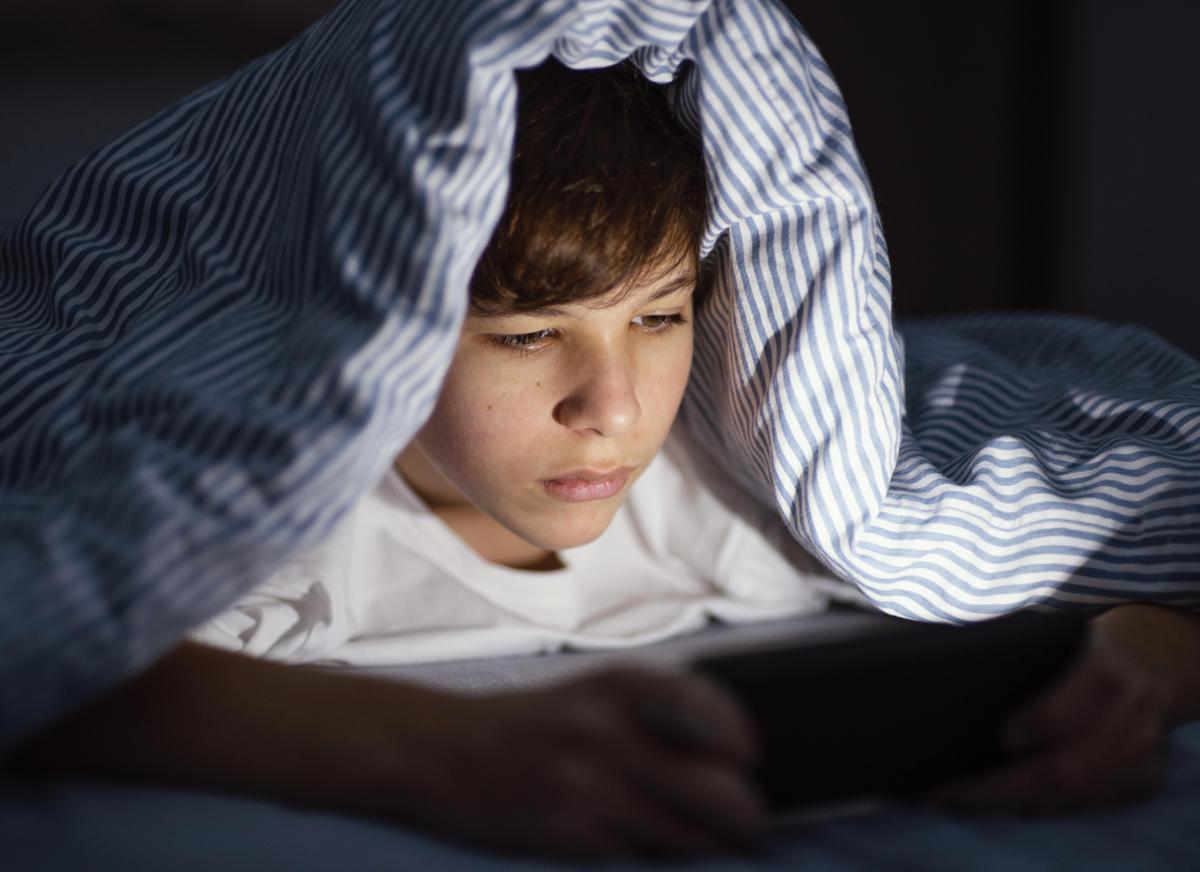Wellbeing

TEENAGERS and SLEEP
Sleep research suggests that a teenager requires between eight and 10 hours of sleep every night - which is even more than the amount a child or an adult needs! Yet most adolescents only get about 6.5 – 7.5 hours sleep per night, and some even less. Regularly not getting enough sleep leads to chronic sleep deprivation. This can have dramatic effects on a teenager’s life, impacting their mental wellbeing, increasing their risk of depression, anxiety and low self-esteem, and it can also affect academic performance at school. Technology is largely to blame, with many students saying that technology is having a negative effect on their sleep. Despite this, we all find it hard to put down the phone for at bedtime, even though it’s been proven time and time again that the movement, engagement, and light from phones have a detrimental effect on our sleep.
How to change your pre-sleep behaviour
Weaning off devices before bed can be difficult, but it’s not impossible. While there are practical ways to remove your phone from the bedroom, like leaving it in another room to charge overnight, you may not feel ready to ditch the devices quite so quickly. Plenty of people rely on music, soundscapes, or meditation recordings in order to fall asleep, and in recent years, there has been an influx of popular apps designed to help with sleep. While they may work in the short term, these apps still mean you will be on your phone before bedtime, absorbing blue light and relying on technology. A good night-time routine will also help break reliance on technology and boost sleep hygiene. If you know that you love scrolling on Instagram before bed, set yourself a limit and don’t go overtime. Once you’ve hit your digital limit for the night, start your post-screen routine that includes putting your phone out of reach and once you have put the screen away for the night – don’t pick it back up again. The combination of a balanced routine, non-digital sleep device, and minimal technology will allow for a faster and better-quality sleep.
Start slowly
Giving up your phone before bed will not happen overnight, especially if you’re addicted to scrolling like so many of us are. It’s important to go slowly in this process and not be hard on yourself. Start easy by setting yourself a longer time limit for social media and ease yourself into a meditation practice by selecting shorter timed sessions. Once you begin to feel less reliant on technology and more confident in your nighttime routine, you can start weaning off your devices and meditate for longer, boosting your sleep hygiene and allowing long and deep sleep!


